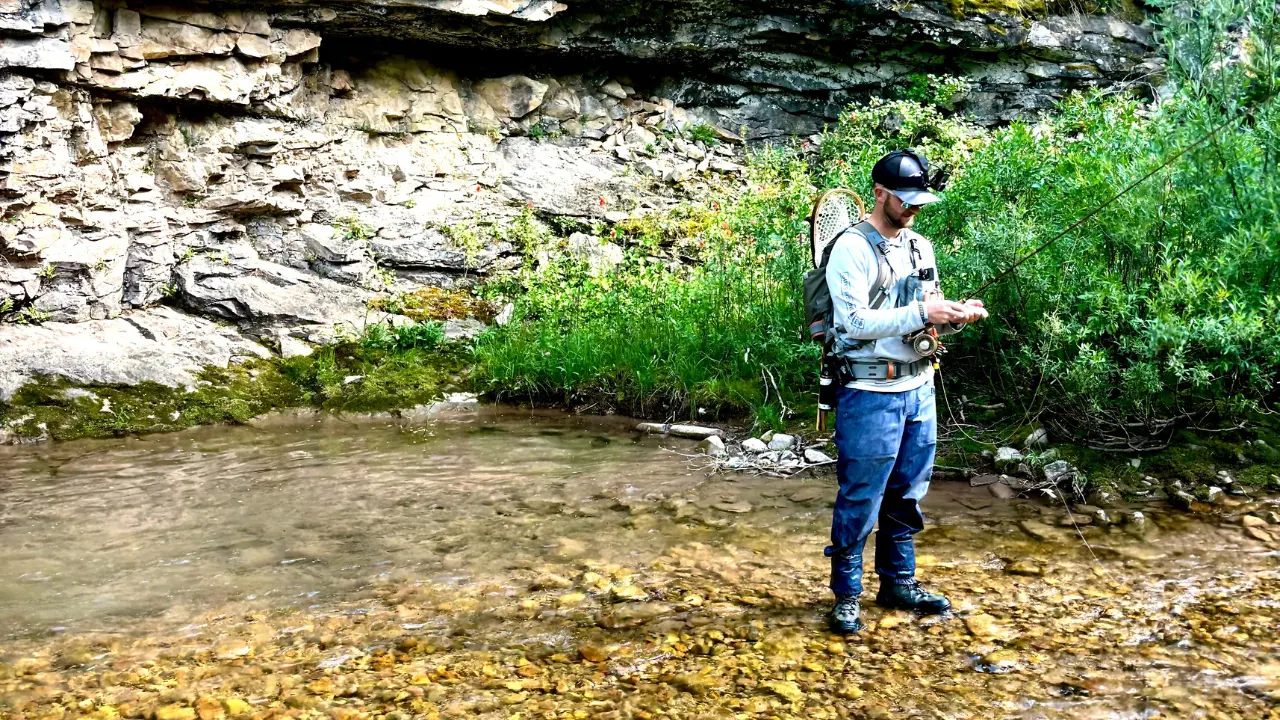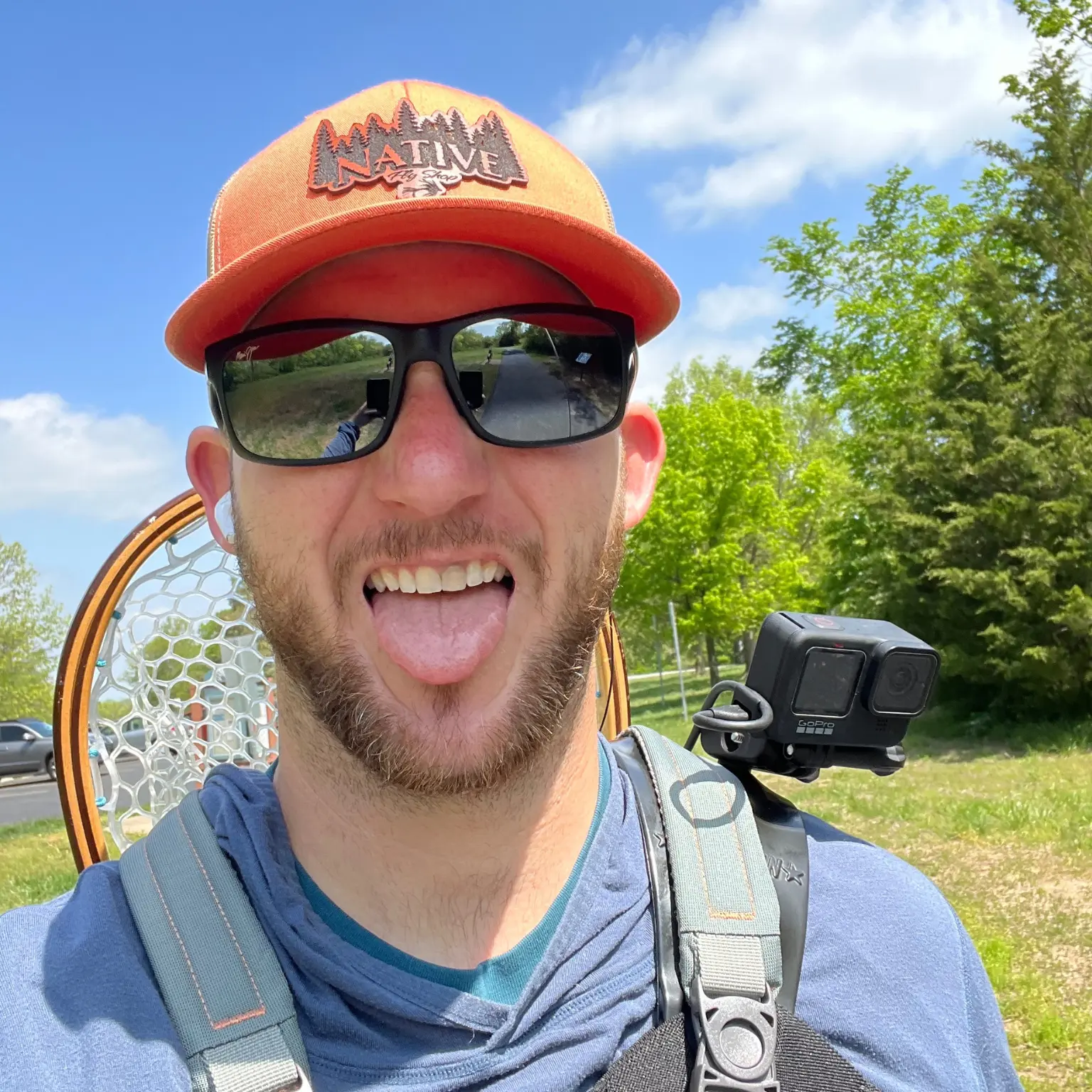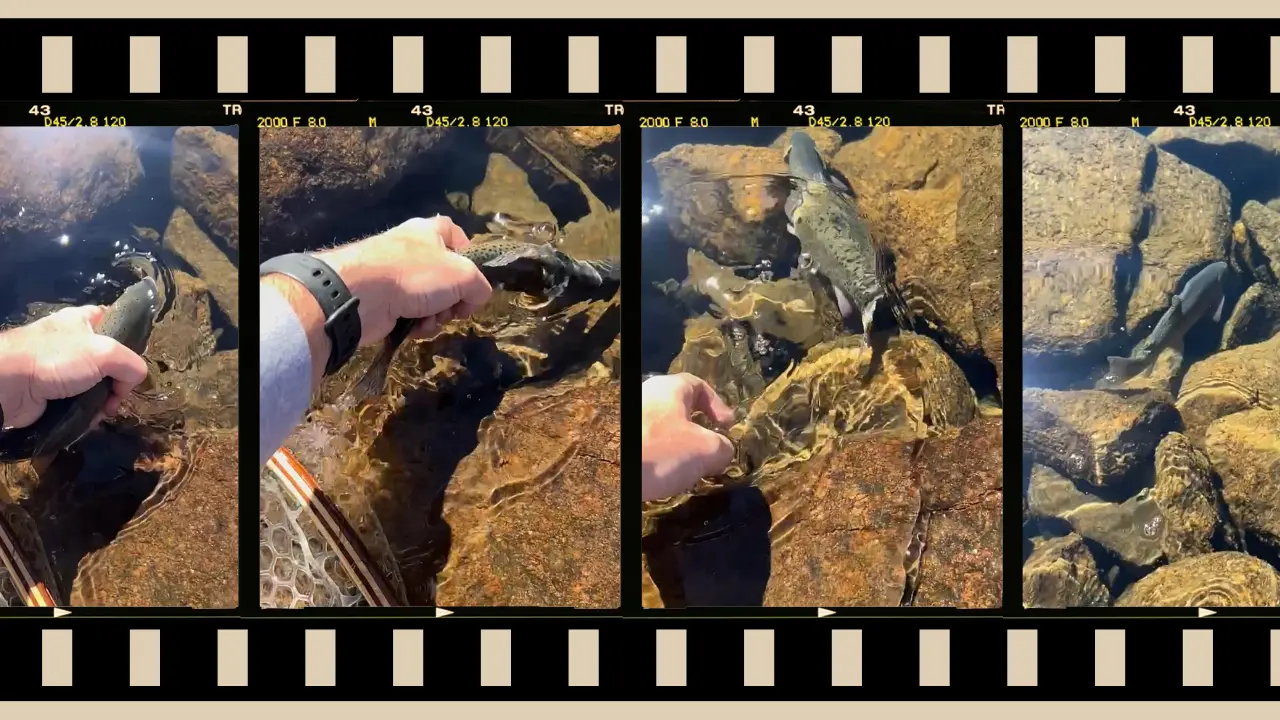- February 29, 2024
-
Reid Auger
Reid Auger
The concept of knowledge has long been a topic for debate. Those who have taken a Philosophy class are familiar with the intense discussions among philosophers, each striving to outsmart their peers. This intellectual pursuit continues to this day, from academic settings to corporate boardrooms, and even among outdoor enthusiasts.
Consider a fly-fisherman, always trying to understand fish behavior on any given day. There are myriad variables, from cloud cover and temperature, to water level and insect activity, that influence a trout’s response to a fly. It’s a complex endeavor that many devote considerable time to.
For over 30 years, I have accumulated extensive knowledge about fly-fishing. Some might say it’s not a sport due to the lack of competition. But anyone who has held a rod has felt a desire to catch more fish than their companions, whether they are friends or some random unassuming angler.
Every fisherman has glanced upstream and downstream to see if anyone witnessed their catch. It might not be a common occurrence, but we’ve all done it.
Whether it’s a sport or not, catching a trout with a fly requires knowledge. While beginners might get lucky on their first try, usually they succeed due to the advice of an experienced individual. This mentorship is essential to sustain the fly-fishing community and preserve this art.
So, what amount of knowledge makes one an expert in fly-fishing? I have days when I catch many fish, and days when I catch just a few.
And while most fishermen do possess the character flaw of lying, or at least bending the truth, I will admit I have had days where I have caught none.
Regardless of the number, it’s a joy to share my knowledge with others. I don’t aim to outshine other fishermen, but to learn from my mistakes.
There’s never a day of error-free fishing. This is how we learn – through failure.
The label “expert” doesn’t matter to me. What brings me joy is sharing my knowledge. If someone asks me questions, I’m happy to share my experiences.
When a fellow fisherman asks, “How’s the fishing?”, I’m more than willing to share my successes and failures.
Building a successful community has no room for egos. Our approach to sharing fishing knowledge can make the difference between being perceived as a “know-it-all” or a “humble practitioner” of the sport.
With all the mistakes I’ve made over the years, I can at least advise others on what to avoid.





